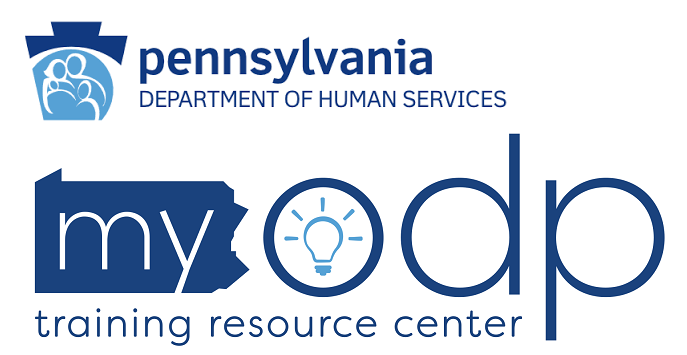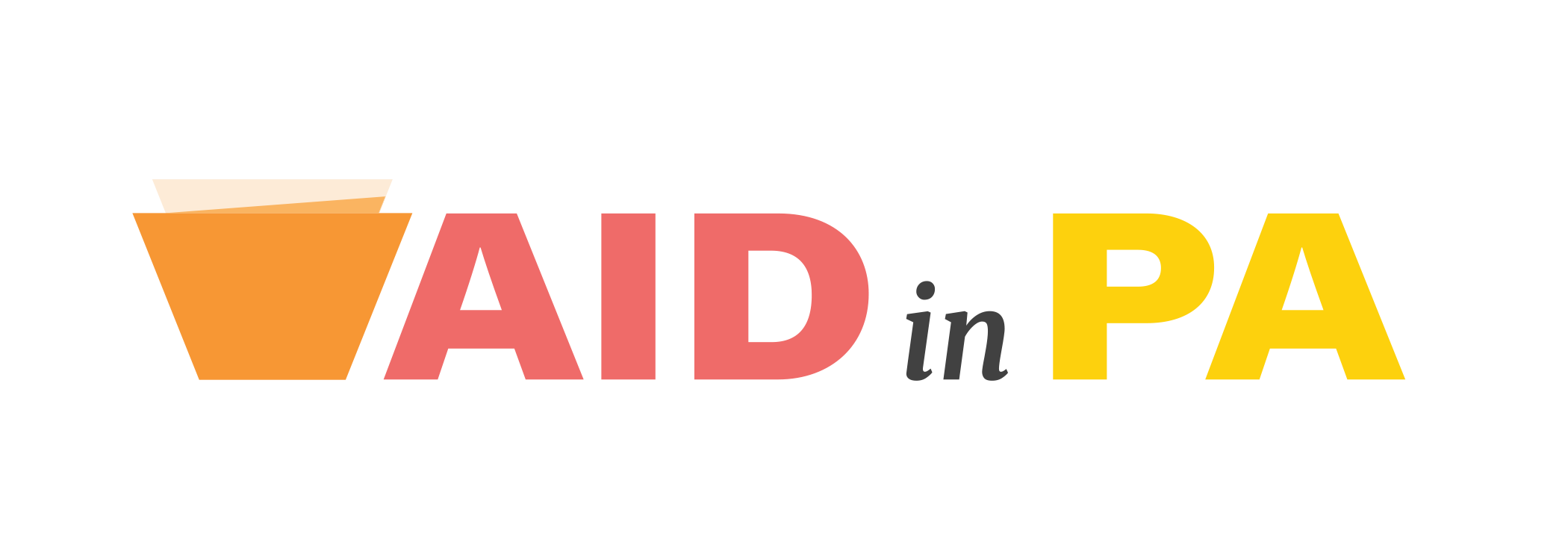Positive Approaches Journal, Volume 11, Issue 4
Positive Approaches Journal | 8-13

Volume 11 ► Issue 4 ► February 2023
Data Discoveries
The goal of Data Discoveries is to present useful data using new methods and platforms that can be customized.
There have been tremendous movements in the autistic community focused on self-advocacy and neurodiversity shifting away from previously parent-dominated spaces.1,2 Self-advocacy groups are a platform for individuals with many disabilities and diagnoses, including autism, to gather, learn from the lived experiences of others, share resources and information, or to advocate for issues impacting the community in online or in-person settings.3 While both parent-led and autistic-led groups are important and have a place in the autism community, they serve different purposes and it is critical that autistic individuals have peer-driven spaces, not only groups that are created by parents or neurotypical professionals.4 A primary benefit of autistic-led environments is that it affords participants the ability to strip the “mask” that is often needed for neurotypical-centered environments, allowing for a more comfortable setting where the focus can be on the activity, not on hiding autistic characteristics.5
In Pennsylvania, the Autism Services, Education, Resources, & Training Collaborative (ASERT) conducted the 2018 Pennsylvania Autism Needs Assessment (2018 PANA). More than 8,000 autistic individuals and their caregivers completed the 2018 PANA providing information about demographic, clinical characteristics, and other service experiences. For more information about the 2018 PANA and to view more data, visit: www.paautism.org/needsassessment. For the purposes of this data dashboard, only responses related to self-advocacy group participation from autistic adults over the age of 18 were included. In this sample, we found that 58% of autistic adults participated in a self-advocacy or support groups. To view more details about the reasons for participating or not participating in self-advocacy groups and the format, please visit the data dashboard below. In another set of questions, autistic adults were asked if they were satisfied with the amount of time spent involved in a self-advocate run group. The majority of respondents (69%) indicated that they do not spend enough time participating in this activity, though only some respondents (25%) indicated that participating in self-advocate-run groups was important them.
The data dashboard below shows responses to the 2018 PANA questions about support and self-advocacy group participation. The first tab shows a visualization of whether respondents participate in support or self-advocacy groups and whether the group is online. There is also a bar chart that can be filtered to show the reasons for participating or not participating in a support or self-advocacy group. The second tab shows two questions related to participation in self-advocate-run groups including the frequency of participation in the activity and whether the activity is important. There are filters on both tabs to explore the data by gender, education level, and urbanicity (living in an urban, rural, or suburban location).
Conclusion
The ASERT Collaborative website has a plethora of resources focused on support groups and self-advocacy groups for autistic individuals. One of ASERT’s hallmark resources is a clickable map with online and in-person support and self-advocacy groups by county. ASERT also has a resource to provide step-by-step guide on starting a self-advocacy group. The ASERT Collaborative supports the PA Gatherings: Critical Topics in Autism which are virtual events hosted by two self-advocates from the Central Region of PA with a focus on increasing knowledge and awareness of resources about issues that are important to the autism community. One PA Gathering in January 2022 focused on self-advocacy stories, experiences, and resources. The Philadelphia Autism Project highlights, among other initiatives, self-advocacy and support groups that are funded by seed awards, a small start-up capital for initiatives in Philadelphia that support autistic individuals and their families.
References
1. Leadbitter K, Buckle KL, Ellis C, Dekker M. Autistic Self-Advocacy and the Neurodiversity Movement: Implications for Autism Early Intervention Research and Practice. Frontiers in psychology. 2021;12:635690-635690. doi:10.3389/fpsyg.2021.635690
2. Ne'eman A, Bascom J. Autistic Self Advocacy in the Developmental Disability Movement. American journal of bioethics. 2020;20(4):25-27. doi:10.1080/15265161.2020.1730507
3. The ASERT Collaborative. Starting an Autism Support/Self-Advocacy Group. Accessed 9 January 2023, https://paautism.org/resource/support-self-advocacy-group/
4. Crane L, Hearst C, Ashworth M, Davies J, Hill EL. Supporting Newly Identified or Diagnosed Autistic Adults: An Initial Evaluation of an Autistic-Led Programme. Journal of autism and developmental disorders. 2021;51(3):892-905. doi:10.1007/s10803-020-04486-4
5. Belek B. ‘A Smaller Mask’: Freedom and Authenticity in Autistic Space. Culture, medicine and psychiatry. 2022:1-21. doi:10.1007/s11013-022-09794-1




